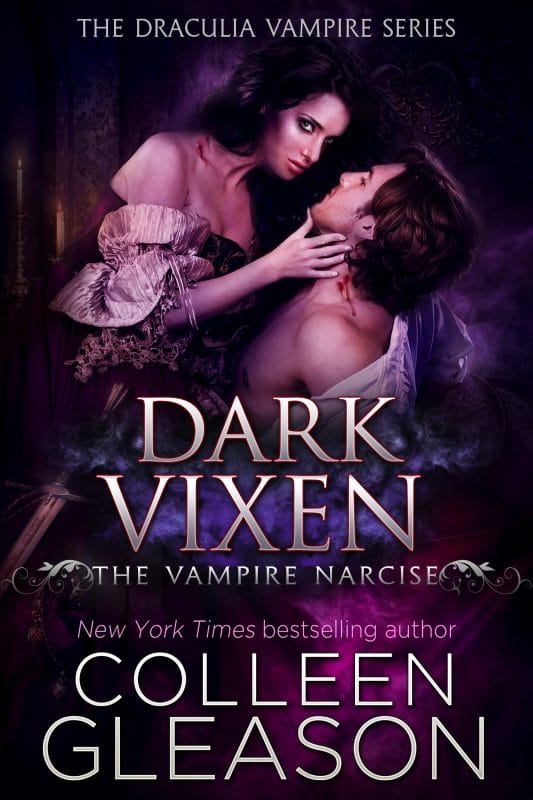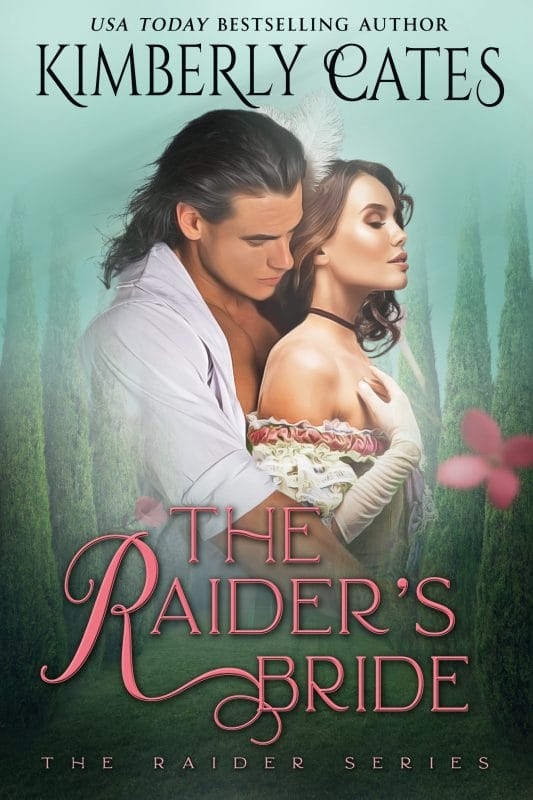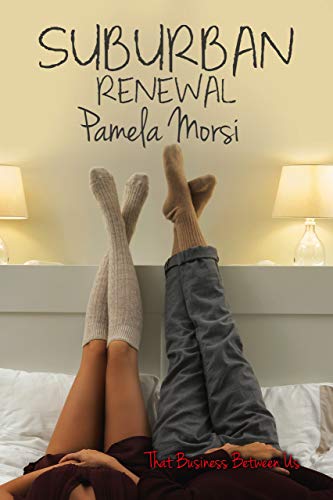
Hello! Today we thought we’d bring you something a little different and focus on what comes after you’ve written and edited your book: getting published.
This is a daunting topic for any new author. You’ve poured so much time and energy into your work that sharing it can be hard, scary even. To help make the process a little less daunting, we’ve enlisted the help of two of our hardworking editors here at OHB. Both of them started their careers in publishing at literary agencies. Together, they’ve read hundreds of submissions, and today they’d like to use that experience to give you the tools you need to get your book into the world and make your work stand out from the crowd.
Did you know you can submit your work to OHB? To check out what we’re looking for click here.
Querying can seem unfair. It’s often filled with rejection and can often leave writers discouraged about their work. After all, isn’t your talent as a writer the most important part? But your query is more than just your manuscript and the information inside is extremely valuable, and offers insight into where your book fits in the market. So our most important tip will be this: follow instructions. Agents and publishers can all ask for different things, sample sizes, other submissions materials, etc. Make sure you don’t leave any requirements blank, or put ‘see query letter’ in any section.
The following tips are more specific to individual parts of your query:
- Query and Submission Letters – Do your research! Some authors have shared their query letters and agents have talked about what they look for online. But here are the basics:
- Shorter is better, aim for about 300 words max.
- Open with your title, word count, and genre.
- The bulk of your letter is your pitch, what would be on the back cover of your book. You want to introduce your main characters and the conflict of your story.
- End by including a little about yourself, and perhaps why you’re submitting to that agent or publisher.
- Know Your Word Count – Word count is a silent killer when it comes to querying in particular. Novels need to be at least 50k; it’s the goal for NaNoWriMo for a reason. But most books are longer, normally between 70-100k. This varies by genre and knowing the average word count for your genre is important. It can be tempting to go above this, but first books are rarely longer than 115-125k, even in fantasy, and it can be an easy reason for your book to be rejected.
- Comp Titles – These were often where we saw authors go astray and we knew we needed to talk about them. Also known as comparison titles, these are other books that might be found on the shelf of the reader who would love your book. You want to comp titles that best fit your book. We also suggest limiting any outlier titles or authors to one, these are the books that are massive best sellers, have movie adaptations, etc. (It’s also generally a good idea to avoid TV shows and movies). Your comp titles should also have been published within the last five years and be in the genre you’re writing in.
- Synopsis – This is different from your blurb and offers insight into how you plot. It’s an extremely important part of your submission, and can often be a deciding factor in if a full manuscript is requested from you. You want to include all of the main plot points in your entire novel, including the ending. Ideally, your synopsis is about 1,000 words or less.
- The First Page – The first page of your book needs to hook your readers’ attention and start to anchor them into the story. It’s extremely important. Make sure you have other people read your first page to see if it draws them in.
- Track Your Submissions – Keep track of what agents or publishers you’ve submitted to. You can do this using Notion, Excel, or even pen and paper. We recommend that you don’t submit to those not looking for your genre, and it’s generally recommended to not submit multiple works to the same person at once. Some agencies may also ask that you limit the agents you query within an agency. A good place to find agents is Manuscript Wish List, where agents have profiles on what they’re currently looking for.
- Use Your Rejections – You’re going to get rejections, everyone does, but these can often help make your book and your query better. Occasionally you may get feedback on your book from an agent, what they liked, what they think needs work. This feedback is a goldmine. But other rejections can offer insight too. If your query is getting rejected and you’re not getting requests for your full manuscript, it may be worthwhile to review your letter, synopsis, and sample pages.
And remember this is a marathon, not a sprint. Every project you work on and book you write will make you a better writer. Hopefully, once you’re ready to share your work with the world these tips will help you on your journey to becoming a published author.










0 Comments